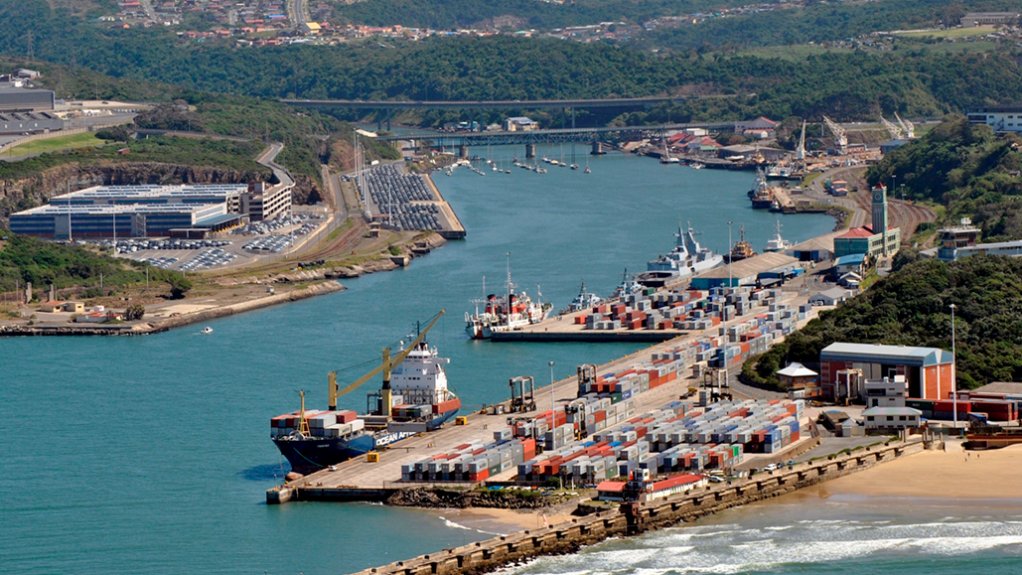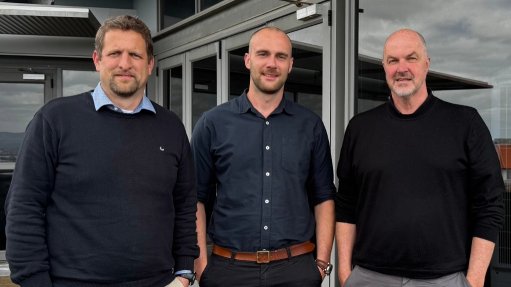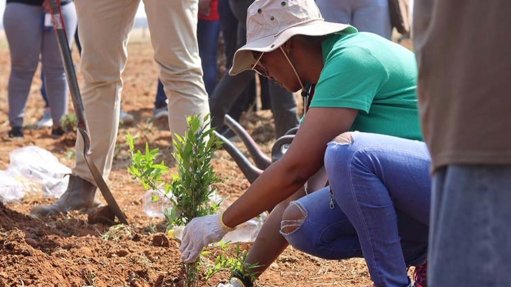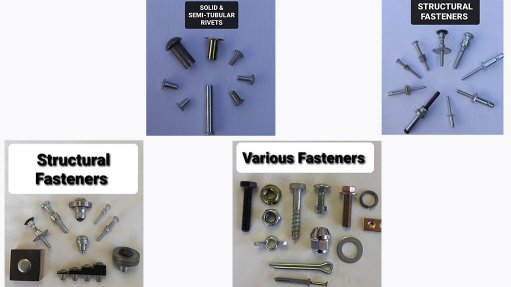Following national trend, Eastern Cape Terminals introduce a truck appointment system
Transnet Port Terminals' (TPT's) Eastern Cape Terminals has introduced a mandatory truck appointment system in a move to improve coordination and streamline processes across different commodities.
The initiative is expected to improve truck scheduling, especially during peak seasons and peak times, thus encouraging fluidity on terminal roads and in the operating environment.
“In the trials we ran over the past two weeks, we saw vast improvement in the schedule management of trucks serviced at the terminals,” TPT Eastern Cape Terminals managing executive Wandisa Vazi said.
She added that this was significant as the East London Terminals were pursuing a strategy of growing and defending regional volumes across containers, automotives, agricultural and mineral bulk – with manganese as the next commodity of exploration.
According to Vazi, when trucks all simultaneously call the terminals unannounced requiring cargo to be loaded or offloaded, there are many other challenges introduced in the system. The biggest of them all was idling resources at off-peak times when the traffic was cleared. “Like any appointment, time and required resources are reserved for each truck and we are able to match demand with supply more efficiently,” she said, pleading with industry to fully endorse the system.
The Port Elizabeth Container Terminal was currently averaging 750 containers a week via road and the truck appointment system would assist in managing this traffic as proposed in ongoing community, municipality and customer engagements.
The introduction of the mandatory truck appointment system at the Eastern Cape Terminals comes after managing company TPT successfully trialled the system at the Durban Terminals at the onset of the national lockdown in 2020. It resulted in faster clearing of trucks that previously contributed to Bayhead road traffic. The system was later rolled out at the Cape Town Terminals and recently, the Richards Bay Terminals.
The truck appointment system is considered best practice globally with greater impact in the container sector. It not only offers operational efficiency but financial value for both the terminal operator and the customer since waiting times are reduced.
Comments
Press Office
Announcements
What's On
Subscribe to improve your user experience...
Option 1 (equivalent of R125 a month):
Receive a weekly copy of Creamer Media's Engineering News & Mining Weekly magazine
(print copy for those in South Africa and e-magazine for those outside of South Africa)
Receive daily email newsletters
Access to full search results
Access archive of magazine back copies
Access to Projects in Progress
Access to ONE Research Report of your choice in PDF format
Option 2 (equivalent of R375 a month):
All benefits from Option 1
PLUS
Access to Creamer Media's Research Channel Africa for ALL Research Reports, in PDF format, on various industrial and mining sectors
including Electricity; Water; Energy Transition; Hydrogen; Roads, Rail and Ports; Coal; Gold; Platinum; Battery Metals; etc.
Already a subscriber?
Forgotten your password?
Receive weekly copy of Creamer Media's Engineering News & Mining Weekly magazine (print copy for those in South Africa and e-magazine for those outside of South Africa)
➕
Recieve daily email newsletters
➕
Access to full search results
➕
Access archive of magazine back copies
➕
Access to Projects in Progress
➕
Access to ONE Research Report of your choice in PDF format
RESEARCH CHANNEL AFRICA
R4500 (equivalent of R375 a month)
SUBSCRIBEAll benefits from Option 1
➕
Access to Creamer Media's Research Channel Africa for ALL Research Reports on various industrial and mining sectors, in PDF format, including on:
Electricity
➕
Water
➕
Energy Transition
➕
Hydrogen
➕
Roads, Rail and Ports
➕
Coal
➕
Gold
➕
Platinum
➕
Battery Metals
➕
etc.
Receive all benefits from Option 1 or Option 2 delivered to numerous people at your company
➕
Multiple User names and Passwords for simultaneous log-ins
➕
Intranet integration access to all in your organisation




















